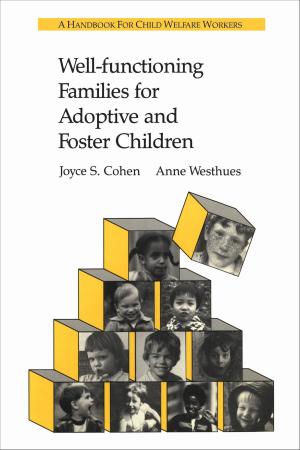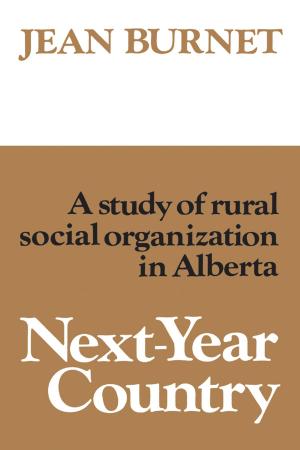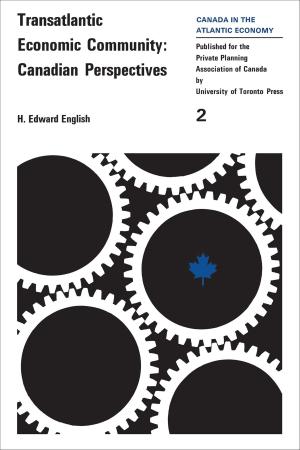Dealing with Peace
The Guatemalan Campesino Movement and the Post-Conflict Neoliberal State
Nonfiction, Social & Cultural Studies, Political Science, International, Foreign Legal Systems, Social Science| Author: | Simon Granovsky-Larsen | ISBN: | 9781487513177 |
| Publisher: | University of Toronto Press, Scholarly Publishing Division | Publication: | May 6, 2019 |
| Imprint: | Language: | English |
| Author: | Simon Granovsky-Larsen |
| ISBN: | 9781487513177 |
| Publisher: | University of Toronto Press, Scholarly Publishing Division |
| Publication: | May 6, 2019 |
| Imprint: | |
| Language: | English |
Dealing with Peace presents the struggles of the Guatemalan campesino (peasant) social movement during the country’s post-conflict transition from 1996 to the present, focusing on efforts to obtain land and improve livelihoods within a shifting, yet consistently hostile, political-economic environment. With special focus on the relationship between the movement and the neoliberal state, Simon Granovsky-Larsen asks whether the acceptance of neoliberal resources – in this case, support for land access in Guatemala provided by the World Bank-funded Fondo de Tierras – reduces the potential for social movements to continue to work for transformative change.
Positioned in contrast to studies warning that social movements cannot maintain their original vision after accepting such support, this bookargues that organizations within the Guatemalan campesino movement have engaged strategically with neoliberalism, utilizing available resources to advance visions of social change. Using a wealth of primary data collected over more than a year of fieldwork, it contributes significantly to the study of Guatemalan politics and advances understandings of the grounded operation of neoliberalism. Exploring both the dynamics of a national neoliberal transition and the ways in which these play out within civil society, Dealing with Peace reveals the long-term and often contradictory negotiation of political and economic transitions.
Dealing with Peace presents the struggles of the Guatemalan campesino (peasant) social movement during the country’s post-conflict transition from 1996 to the present, focusing on efforts to obtain land and improve livelihoods within a shifting, yet consistently hostile, political-economic environment. With special focus on the relationship between the movement and the neoliberal state, Simon Granovsky-Larsen asks whether the acceptance of neoliberal resources – in this case, support for land access in Guatemala provided by the World Bank-funded Fondo de Tierras – reduces the potential for social movements to continue to work for transformative change.
Positioned in contrast to studies warning that social movements cannot maintain their original vision after accepting such support, this bookargues that organizations within the Guatemalan campesino movement have engaged strategically with neoliberalism, utilizing available resources to advance visions of social change. Using a wealth of primary data collected over more than a year of fieldwork, it contributes significantly to the study of Guatemalan politics and advances understandings of the grounded operation of neoliberalism. Exploring both the dynamics of a national neoliberal transition and the ways in which these play out within civil society, Dealing with Peace reveals the long-term and often contradictory negotiation of political and economic transitions.















